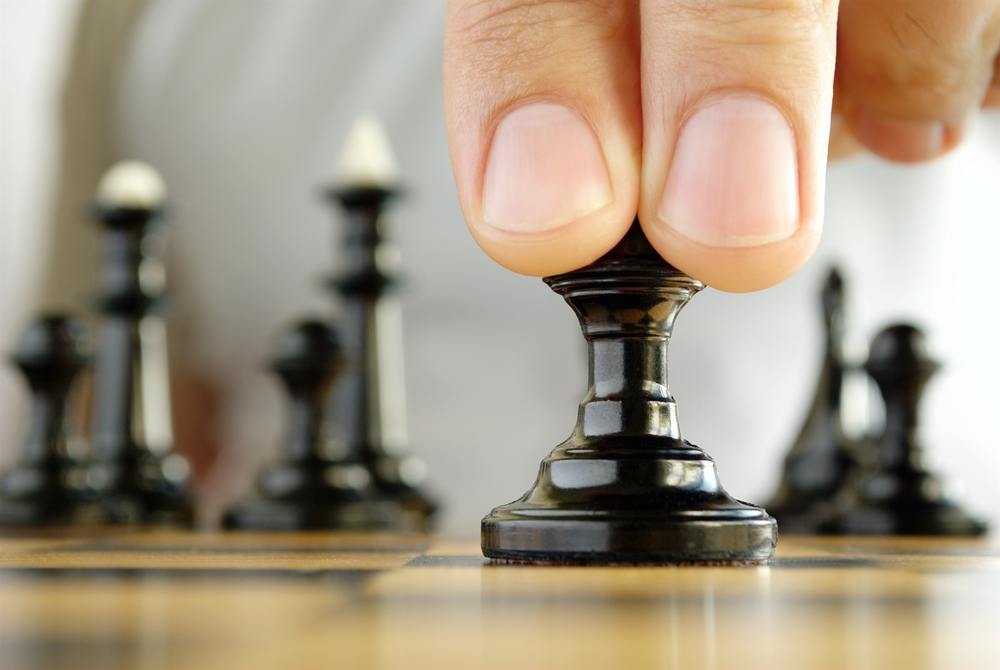
J'adoube
J'adoube? Another French chess term? Yes, "J'adoube" is another French chess term like en passant. However, it is a very simple concept to learn!
Here is what you need to know about "J'adoube":
What Does "J'adoube" Mean?
"J'adoube" is a French term that literally translated means: "I adjust." However, it is universally regarded as an acceptable way of informing your opponent that you are merely adjusting your pieces in an over-the-board (OTB) game.
Of course, you can say "adjust" or "I adjust" as well, but "J'adoube" is recognized worldwide as the same thing—this distinction could be important if you play against someone who doesn't speak your language in an OTB game. Now that you know what "J'adoube" means, let's find out when we should say it! (If you need help to pronounce "J'adoube" correctly, listen here.)
When Should I Use The Phrase "J'adoube"?
One downside of playing OTB chess is that pieces can be knocked down accidentally or can get moved or jostled away from the center of their squares. In these cases (which happen often), you may want to adjust your pieces on their squares. The proper way of doing this would be to say "J'adoube" and only then adjust your piece. Pieces should only be adjusted on your turn—not on your opponent's turn.

In other words, if you are playing in an OTB tournament game or even a friendly game where the touch-move rule is in effect, you should say "J'adoube" before you touch a piece to adjust it. If you forget to say "J'adoube" or "adjust" before touching a piece, you have to move it (according to the rules)! What is the touch-move rule?
The Touch-Move Rule
The touch-move rule is in effect for almost every official OTB event. This rule states that if a player touches a piece on their move, then they must move the touched piece (if a legal move can be made). This strictly enforced rule has caused many problems in OTB chess. GM Gregory Serper wrote about historical mishaps regarding the rule in this article, and there are many more stories as well.
Virtually every OTB tournament player has a story involving the touch-move rule, including the 16th World Champion GM Magnus Carlsen. In the following video, Carlsen originally played Kd4 (which loses to Bf2+, skewering the king and rook) and let go of the king. He quickly realized this was a mistake and picked the king back up and moved it to d3 (which is a rule violation).
When his opponent pointed it out, Carlsen didn't make a fuss and just resigned the game. Even the legendary GM Garry Kasparov is not immune to touch-move errors:
If touch-move errors can happen to two of the greatest players to play the game, then they can happen to you as well!
It is definitely worth noting that the touch-move rule and saying "J'adoube" don't matter when playing on Chess.com! When playing games on Chess.com, a move is considered played only after a piece is released onto a new square (touch-release rule) or when the clock is pressed (clock-move).
Conclusion
You now know what "J'adoube" means, when you should say it, and what the touch-move rule is. Please remember that none of this is relevant for playing games on Chess.com, but only for OTB chess! Enjoy this new knowledge, and never forget to say "J'adoube" before you adjust your pieces!







